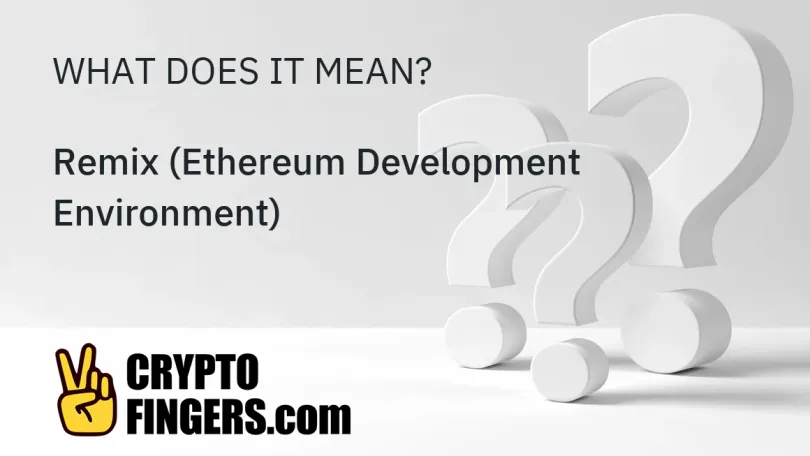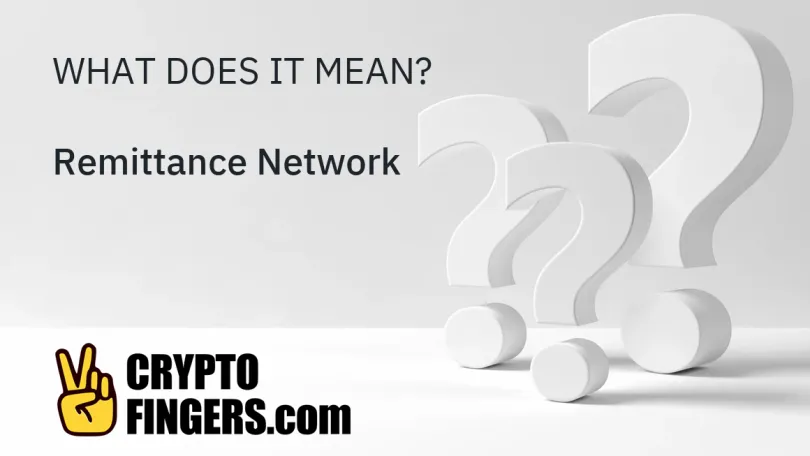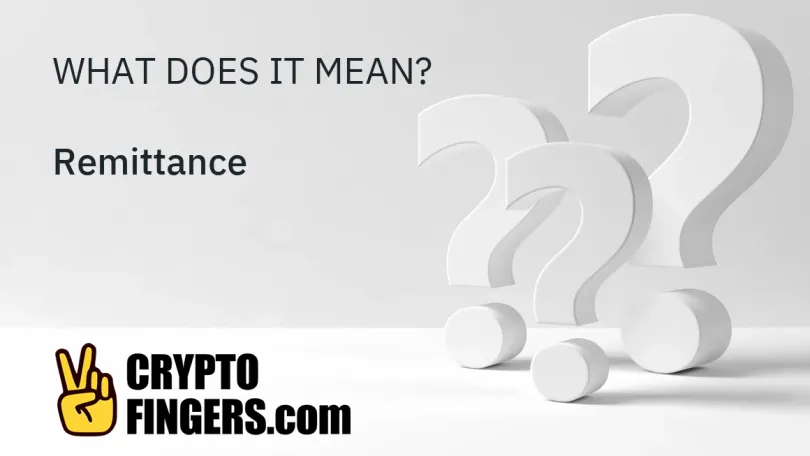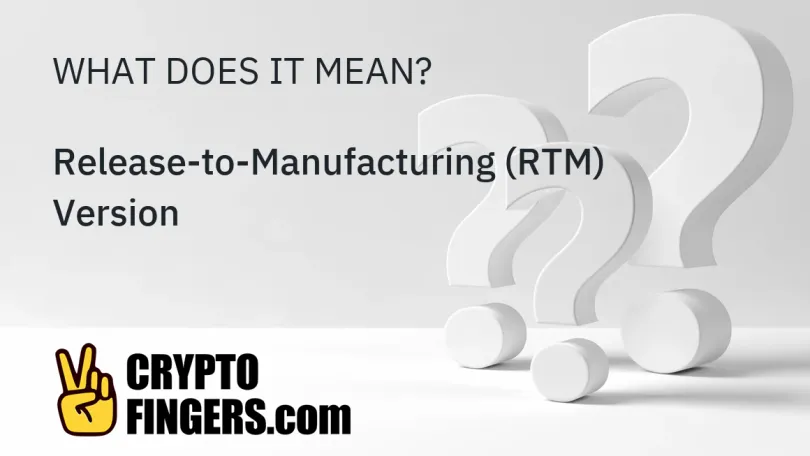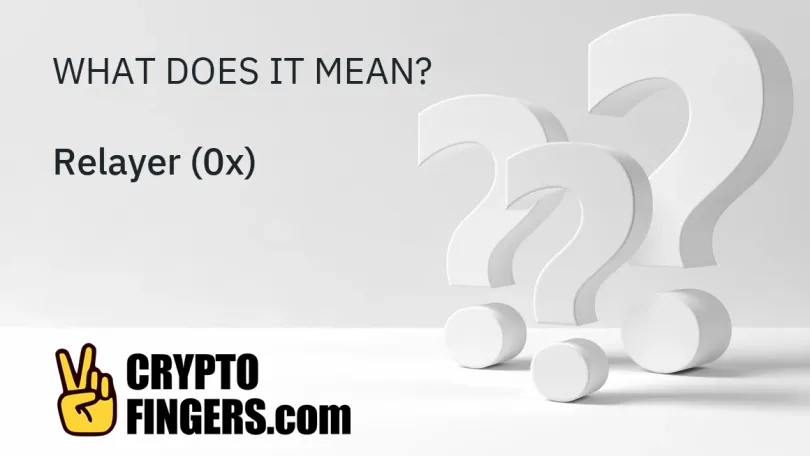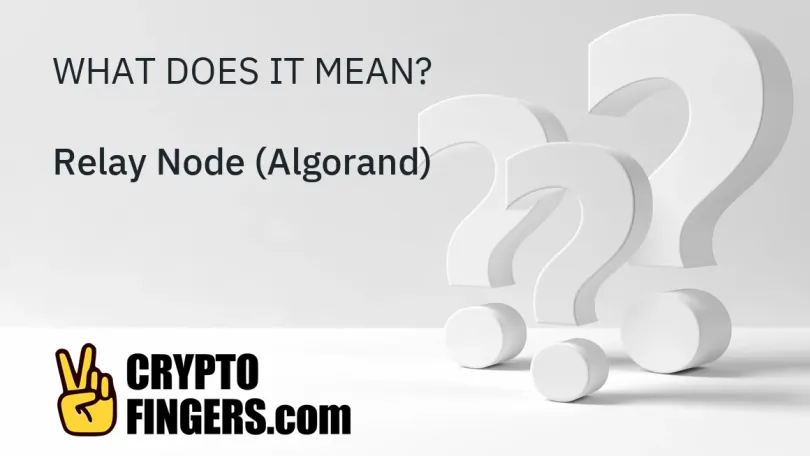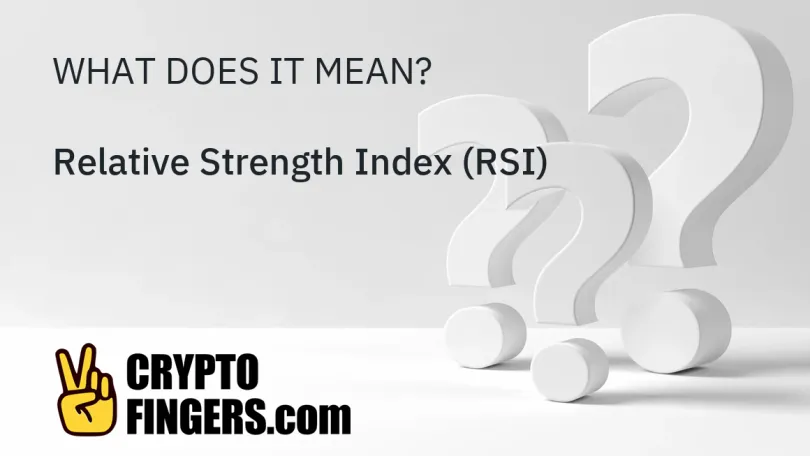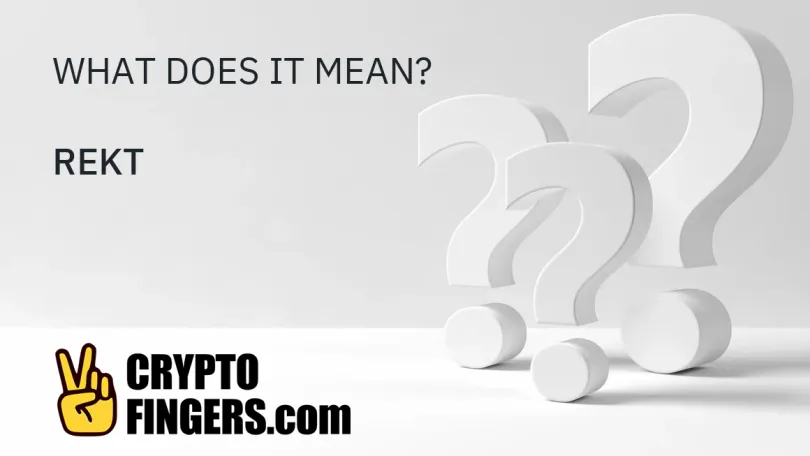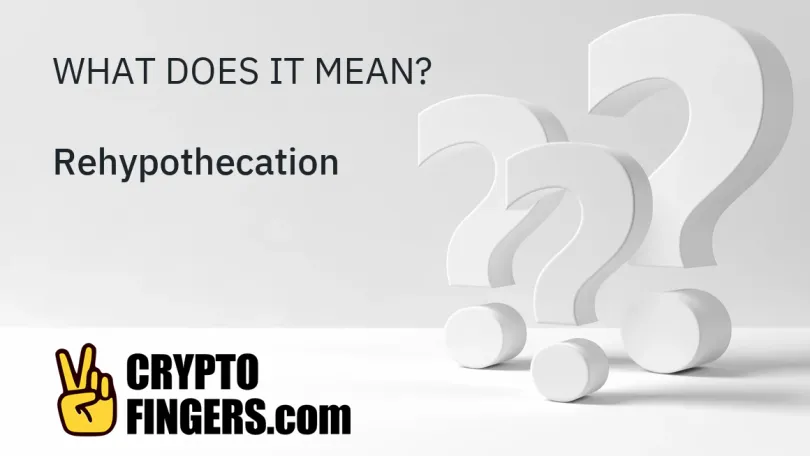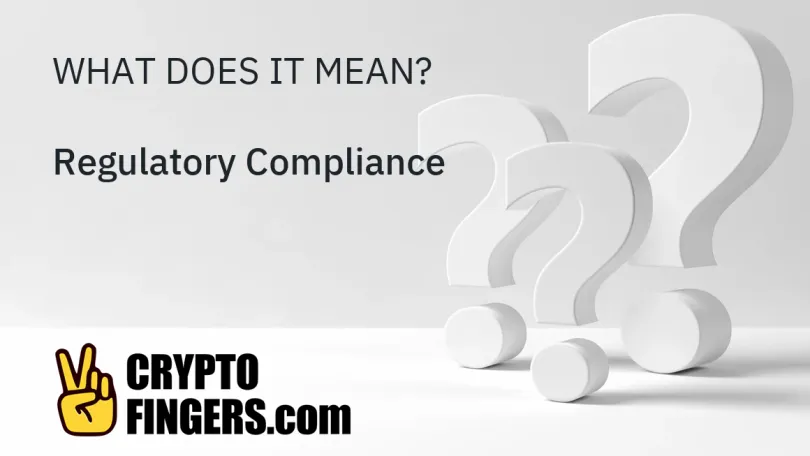⁝⁝⁝
Articles by Daniel Rivera
Remix is an integrated development environment (IDE) for writing Ethereum smart contracts using the Solidity programming language. Remix utilizes graphic user interfaces and other..
A remittance network is a FinTech service provider that enables remittance payments to be sent both domestically and abroad. Examples of large-scale remittance service providers include..
A remittance is a payment from one place to another, and in most cases involves an individual transferring capital to an overseas contact. Typically, these payments are made via an online..
The release-to-manufacturing (RTM) version, also called the golden master build (GM) version, refers to the version of software which is ready to be delivered for final release..
Relayers are 0x decentralized exchange (DEX) users who host off-chain order books, list buy and sell orders, and charge transaction fees. Relayers do not act as a trusted intermediary..
In the case of the Algorand platform, Relay Nodes are used primarily to help maintain connections between other node types. This is accomplished by accumulating protocol messages..
The relative strength index (RSI), in technical analysis, is a momentum indicator that's used to measure the impact of recent price changes to calculate overbought or oversold conditions..
REKT is a slang term used to denote that a person is "wrecked," meaning ruined, destroyed, or severely damaged. In the blockchain and crypto space, the term usually signifies that..
Rehypothecation is a process that occurs when banks, brokers, exchanges, and other financial service providers use client assets for their own purposes to benefit both sides..
Regulatory compliance is the process of making sure specific enterprises meet certain guidelines introduced by government bodies — such as the Securities and Exchange Commission (SEC)..
⁝⁝⁝
Trending news
- Artificial Intelligence (AI)
- Altcoins
- Bitcoin
- DeFi
- Ethereum
- Economy
- Market and Events
- Metaverse
- Mining
- NFT
- Regulation
- Web3
- show less
⁝⁝⁝ Test your knowledge














